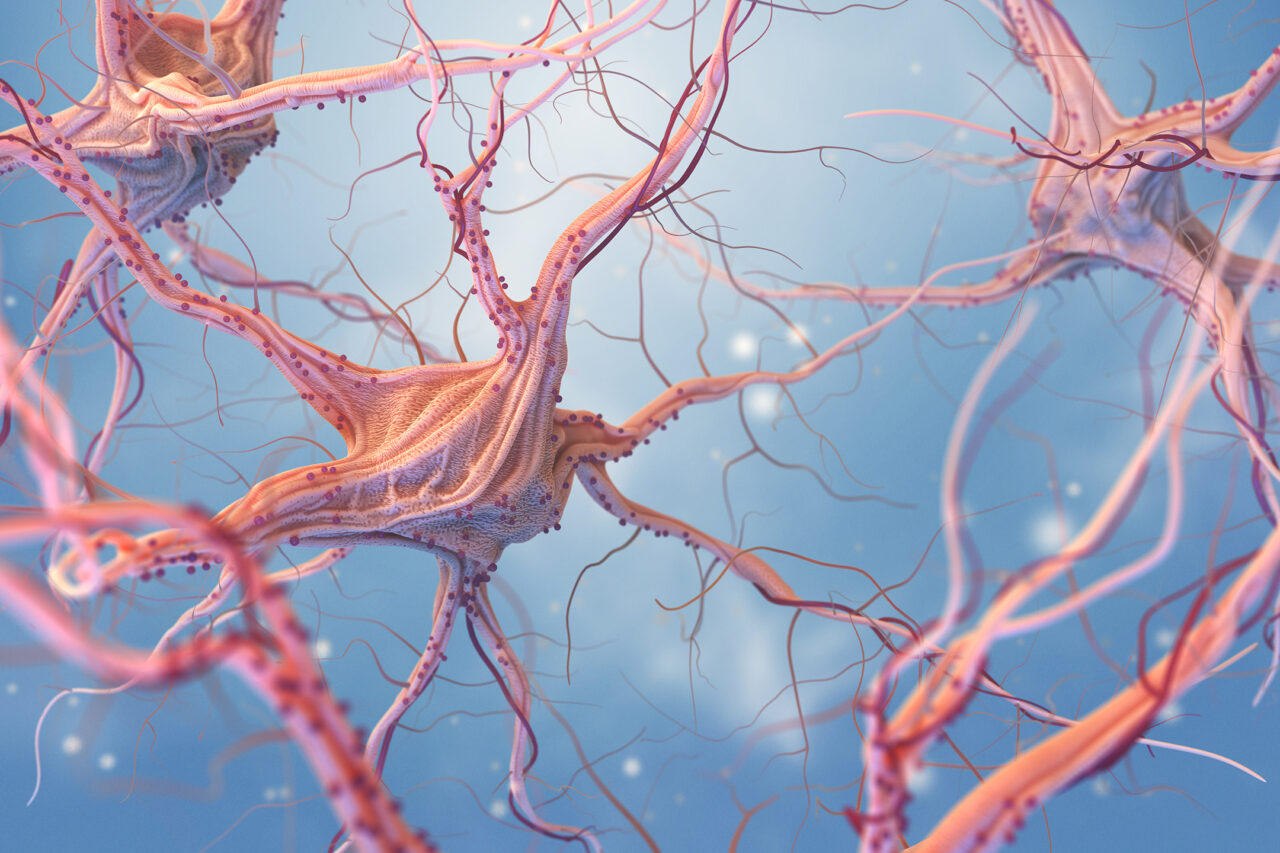Neuropathic pain, a chronic condition resulting from injury or damage to the nervous system, can in some cases lead to allodynia – a condition in which nerves are overly sensitive and cause pain from stimuli that normally wouldn’t hurt. Previous studies have shown that allodynia caused by peripheral nerve injury is associated with an increase in B cells, but their role is poorly understood.
To provide insights, researchers led by Peter Grace, Ph.D., investigated the role of B cells in the development of allodynia pain after nerve injury. They found that B cells produce immunoglobulin G (IgG) antibodies that interact with specific nerve cell receptors to trigger pain signals. Removing B cells or blocking their activity by removing the corresponding receptors led to a decrease of pain behavior in vivo. These findings highlight the critical role of B cells and their immune cell interactions in driving allodynia, suggesting that targeting this signaling pathway could lead to the development of treatments for chronic neuropathic pain.


